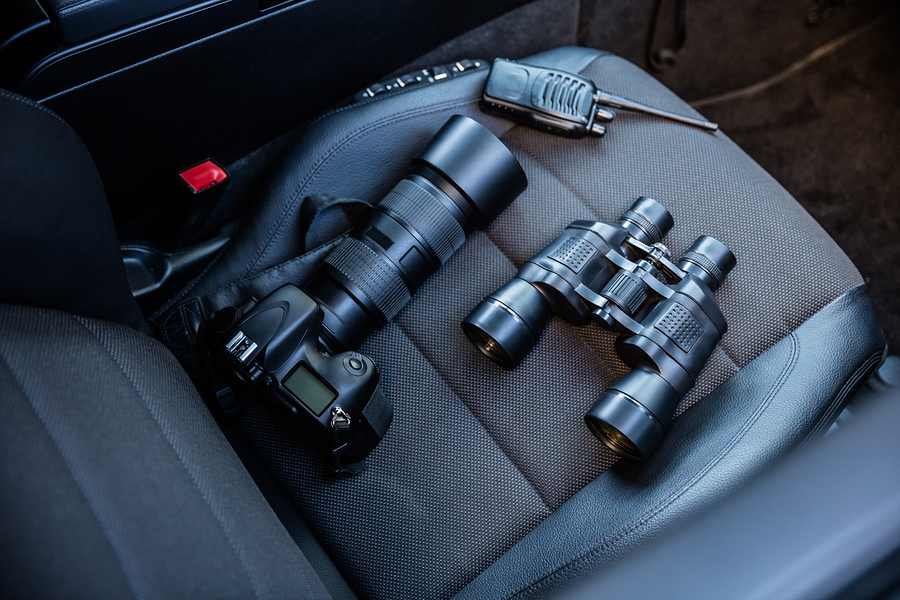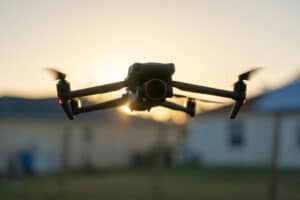[CLICK HERE FOR PART 1 Mobile Surveillance: Dangers, Pitfalls, and Liabilities]
As a Private Investigator, you are paid to get information. The better you become at getting information for your clients, the more successful you are likely to become in your career. But if all that was required of you was to get the information, regardless of how you get it, a PI’s job would be a cinch, right? The challenging part is acquiring the information your client wants in a way that also complies with current federal and state laws.
In this post, learn more about what the law will not allow you to do while conducting surveillance and what the consequences of stepping over that fine line can be.
When the Client Asks to Tag Along on Surveillance
Here, the only reasonable answer is a firm but kind “no.” While permitting a client who is paying for your services to accompany you during surveillance is not technically illegal in every state, allowing a ride-along can put you and your client into some pretty sticky legal waters.
This is never more true than when you do encounter incriminating evidence while doing surveillance. If your client is present, you may not be able to control their response. Things can even go south if you say no to a ride-along but then contact your client from an actual surveillance site to report incriminating information.
Remember the infamous “Murder By Mercedes” case, where the Private Investigator’s live video footage ended up getting the client convicted of murder? This is not the kind of publicity your PI business needs!
Enhancing “Plain View” By Using Tools
Plain view is one of the most important legal concepts for a Private Investigator to understand. The legal definition of plain view is any evidence that can be clearly detected without having to use any visual aids (such as a flashlight), move any other items or trespass in any way in order to clearly identify what is being seen.
Of course, violating plain view is getting easier and easier thanks to military grade tools such as the Range-R, which is so sensitive it can detect breathing and movement through a wall!
Any evidence obtained by violating plain view will be inadmissible in court. A Private Investigator that attempts to submit evidence obtained this way may face legal action for doing so, including a PI license revocation.
Tricking a Target Into Giving Up the Goods
If you decide to resort to trickery to try to get a target to reveal desired information, you may end up on the wrong side of the law yourself. One of the best examples is when you are hired to investigate whether a worker’s compensation claim is fraudulent. You can observe the target, but you may not interfere in any way.
This includes trespassing onto the target’s own property for observation and role playing to interact with the target. These and similar actions could get the client’s case thrown out of court – and put you out of a job.
Make sure your Private Investigators are prepared every time they go out on surveillance. Call El Dorado Insurance today for a free quote!






